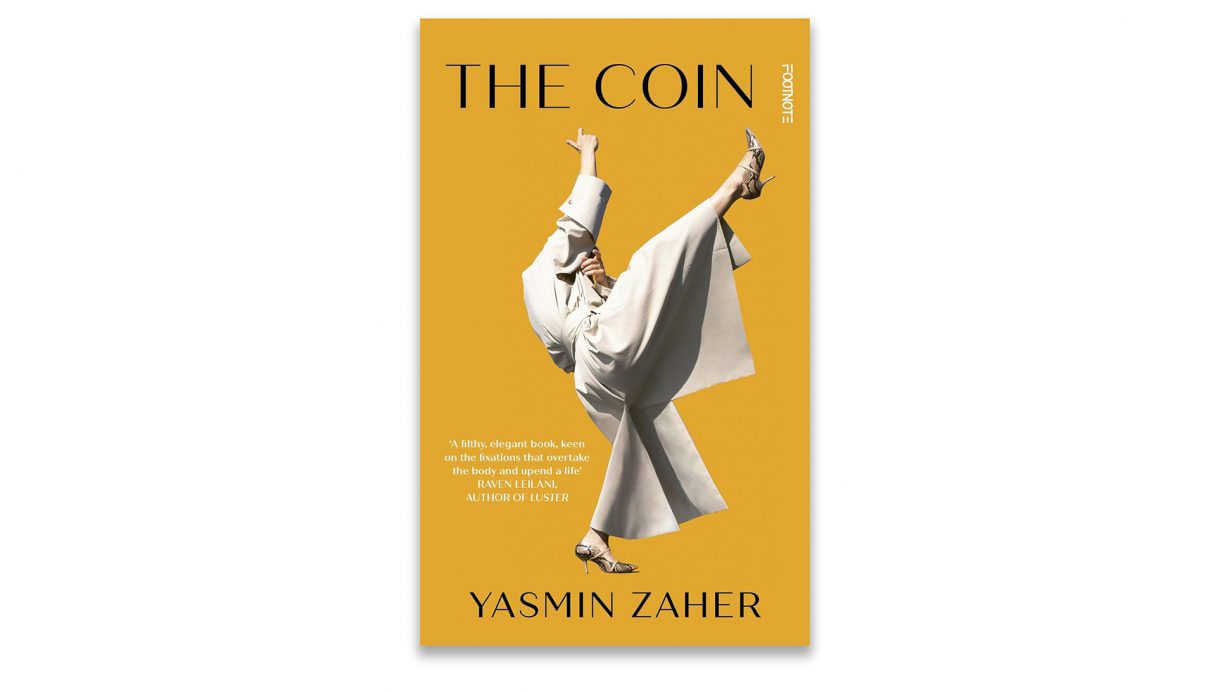The author’s striking debut novel defies our expectations of what it means to be Palestinian

‘Women in my family placed a lot of importance on being clean, perhaps because there was little else they could control in their lives.’ So reasons the narrator of Yasmin Zaher’s striking debut novel, an orphaned Palestinian living in New York and teaching in a school for deprived boys. Boys she wants to ‘fix’. She herself is not deprived; she’s wealthy. She obsessively cleans her apartment, her minimal, designer wardrobe, the classroom and, above all else, herself. She even sorts her building’s collective recycling bins. In the classroom, when she’s not cleaning it, she rebels against the curriculum and authority of any kind, perhaps, we are constantly reminded via the author’s minimalist, occasionally aphoristic, staccato prose, because of how her countrymen have been treated: ‘If you forget a quote it’s not a big deal,’ she tells her students, ‘you can make it up, newspapers do it all the time.’ She, however, constantly exercises her need for control.
Yet the source of her wealth, doled out as an allowance, is beyond her control; she struggles to form meaningful relationships with the men in her life; has a distant relationship to her homeland (‘I come from a land that is a graveyard,’ she recalls at one point) and finds that her students begin to rebel in ways she has not dictated. All of which upsets her, even as she pretends it does not. ‘Maybe pretense is all there was,’ she muses, in one of several moments that read like an echo of Bret Easton Ellis’s American Psycho (1991). ‘Fashion is pretense, education is pretense, personality, too, is a form of internalized pretense.’ On the face of it, this is a novel about how an immigrant expects and is expected to fit into a new home. About what they pretend to be and what they really are. And the bizarre ways – extending, here, to both scamming and a curious form of immersive installation art – by which they keep a grip on which is which. But most of all it’s about defying our expectations of what it means to be Palestinian. To be homeless, unrooted, without agency. ‘Orgasm is dignity,’ the narrator proclaims at the onanistic climax of the novel. ‘I pissed myself in dignity.’
The Coin by Yasmin Zaher. Footnote, £14.99 (hardcover)